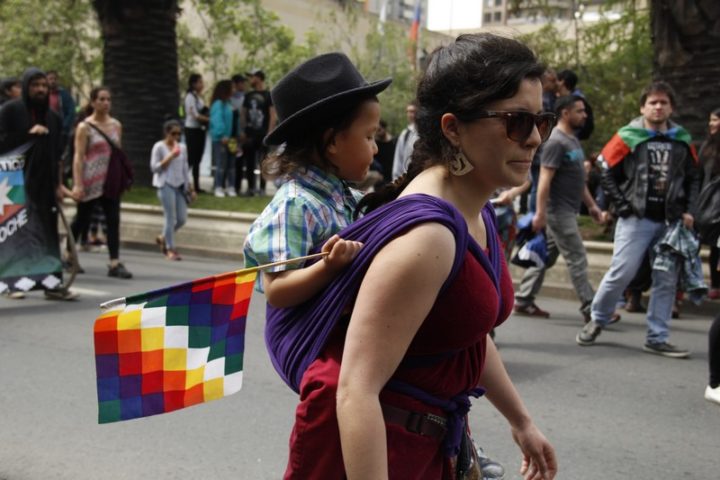If there is one segment of society that lacks authority over their lives, it is that of children and adolescents, the great majority in practically all the countries of our America. We are young and growing societies; however, the prevailing vision among those who have the responsibility to promote development based on justice, equity and the best use of all resources, tends to go against what reason dictates and whose essence was expressed by the American philosopher John Dewey: “Education is not preparation for life; education is life itself“.
The history of our peoples has taught us that we are survivors of adverse, hostile systems and incapable of understanding the enormous potential implicit in generational change. We see childhood and youth as an imposed charge rather than a wonderful opportunity to generate large-scale transformations, which should lead to a consolidation of values with the mission of strengthening the social fabric. And all this, with education as the leitmotif of any system of governance. We automatically assume adult authority as if it were a valid way of acting over those who depend on us in the family or social life, and we do so without questioning the validity of an authority that is often legally imposed, although its application is often illegitimate.
Observing the effects of the exceptional situation in which we have been immersed for a year and a half now, it is possible to see the risky situation in which children and adolescents live when faced with a loss of their social ties and, simultaneously, a forced confinement with adults who are ill-prepared to offer a safe, enriching and violence-free environment. Being an adult in charge of young people whose custody has been entrusted to us by law does not in any way mean that we have the right to impose our will arbitrarily or to take out our frustrations on them, but rather gives us an opportunity to strengthen bonds of mutual understanding, respect and collaboration.
However, the emotional violence generated by the forced change of habits and the limitations caused by restrictions on mobility, work and study take their heaviest toll on the younger generations, who are subjected to a situation over which they have no say. The prevailing impunity in cases of domestic violence is an additional, albeit powerful, element to the psychological disruption caused by the loss of social ties, the lack of leisure activities and the natural tension caused by a global phenomenon over which we have no control.
Pending a return to some semblance of normalcy, it is imperative to seize the opportunity to pay attention to this huge contingent of new citizens whose lives and futures depend largely on those who are responsible for their physical and emotional well-being and for providing them with a quality education. The issue is not a minor one: children and youth have been perennially marginalised in our societies and the impact of this aggression – naturalised by a misconception of the authority of the adults around them – has long-term consequences in the form of lost opportunities for development, but also in the form of abuse and marginalisation. Let us not repeat the cliché which states that they are “the future of the country” as long as we are unable to honour that promise.






